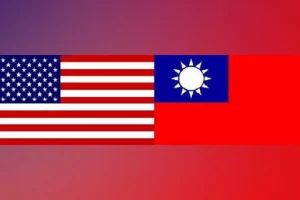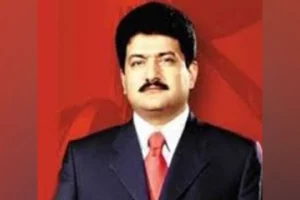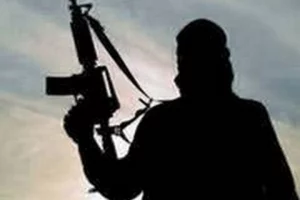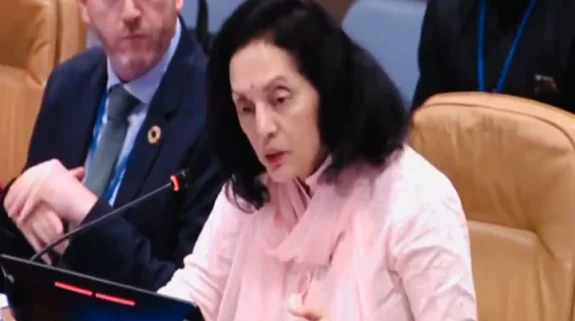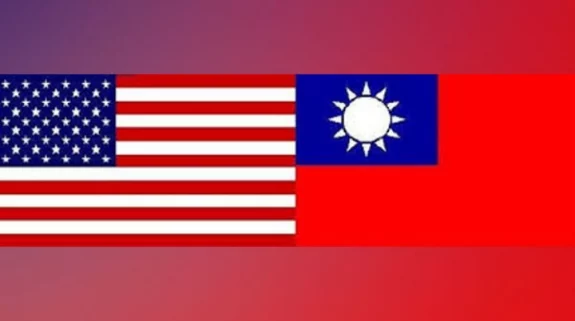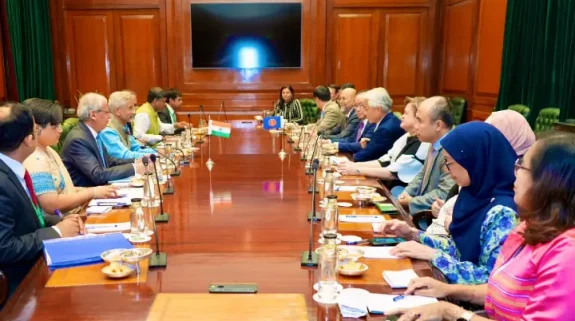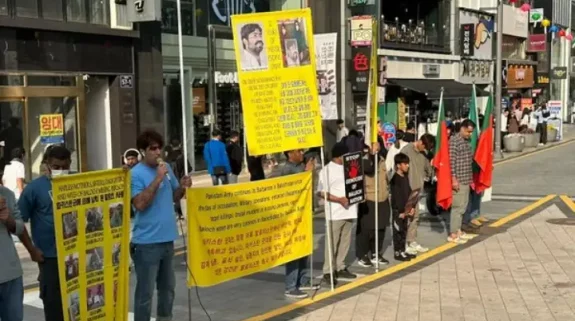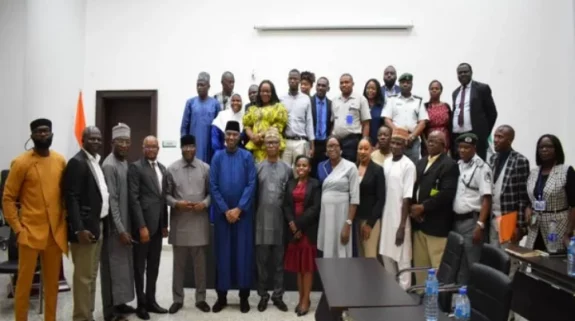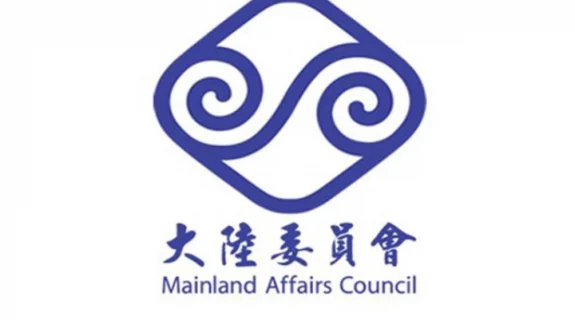Asim Saleem Bajwa, the controversial head of the over $60 billion China Pakistan Economic Corridor (CPEC), had to resign on Tuesday under a cloud. Known as “Chota Bajwa” because of his proximity to the Pakistani army chief General Qamar Javed Bajwa, Lt Gen (Rtd) Asim Bajwa has savoured controversy since last year when his alleged involvement in “corruption” made headlines.
After facing an avalanche of charges that he used his offices to help his family set up several off-shore businesses, Bajwa was forced to resign from the post as the Special Assistant to Prime Minister Imran Khan. But he continued to enjoy the high position of chairman, CPEC.
According to a report in Dawn newspaper, his younger brothers opened their first Papa John’s pizza restaurant in 2002– the year Bajwa started working as a Lieutenant Colonel on General Pervez Musharraf’s staff. Over the years, his family set up a business empire which established 99 companies in four countries, including a pizza franchise with 133 restaurants worth an estimated USD 39.9 million.
According to Pakistani sources, these reports alarmed the Chinese leadership, which sought Bajwa’s replacement for CPEC. In the last few months, in consultation with the Chinese Ambassador in Islamabad, five names were shortlisted including two retired army generals. But finally, the Chinese agreed on Khalid Mansoor, a corporate honcho who has experience working abroad, with Chinese companies and banks.
Also Read: Pakistani Generals tighten grip over multi-billion dollar CPEC projects
It was a clear hint to Lt Gen (Rtd) Bajwa to step down. This time his benevolent “bade Bajwa (elder Bajwa)” General Qamar Javed Bajwa didn't come to the “rescue” of “chota Bajwa (younger Bajwa).”
Imran Khan’s planning and development minister, Asad Umar wrote on twitter: “I welcome Khalid Mansoor to the team as SAPM for CPEC affairs. His vast corporate experience ,with extensive work with Chinese companies and his direct involvement in leading some of the biggest CPEC projects makes him an ideal person to lead the next phase of CPEC.”
The CPEC is now switched back to civilian stewardship. Interestingly, it was the Chinese leadership, angry with the civilian government for its slow pace, which had asked the Pakistani military establishment to take over CPEC, appointing Bajwa as the head in November 2019.
Now Bajwa is no longer in the saddle. But the Bajwa scandal has triggered a debate inside Pakistan on whether CPEC has seeped high-level corruption within the hallowed military.
According to some analysts, the Pakistan army’s own business empire is now worth over $100 billion. Decades of political dominance have turned Pakistani generals into a privileged class with the lion's share of power, wealth, and privileges.
Today Pakistani army is the largest business conglomerate in the country with more than 50 big business companies ranging from petrol pumps to huge industrial plants, banks, bakeries, schools and universities, hosiery factories, milk dairies, stud farms, and cement plants. Interestingly Pakistani army has been running “profitable” charity foundations like the famous Fauji Foundation–one of the most diversified business conglomerates in entire south-east Asia with more than 25 companies.
An article published in the Quartz India in 2017 titled “Inside Pakistan’s biggest business conglomerate: the Pakistani military” – reveals how Pakistani army has taken control of the public sectors as well.
In addition to the foundations, the armed forces also control a variety of large independent business activities, notably the National Logistics Cell, a trucking and transportation giant, and the Frontier Works Organization, which has a virtual monopoly in road-building and construction. Both were established to serve military needs but grew so fat with military contracts that they moved into the civilian economy and have gradually squeezed out most private competitors.
Pakistani generals have maintained that they do not need external oversight like the bureau of accountability because they have internal accountability mechanisms. They point to the many firings and punishment of officers as evidence of their in-house system's potency.
Few years back, Pakistani used to believe that Pakistani army was a “credible” institution. Now the perception has changed, especially on social media. Instead of “core commanders,” many netizens have started calling Pakistan’s 11 top generals as “crore” commanders.







